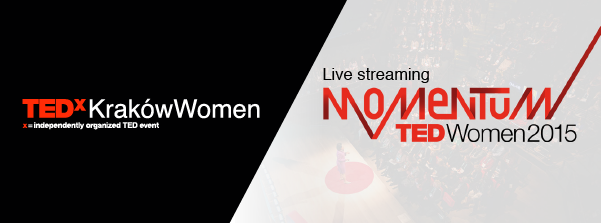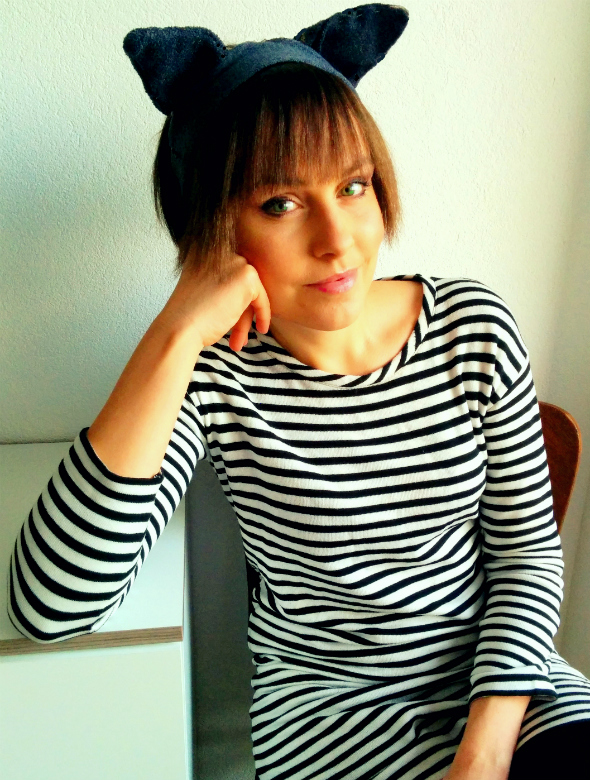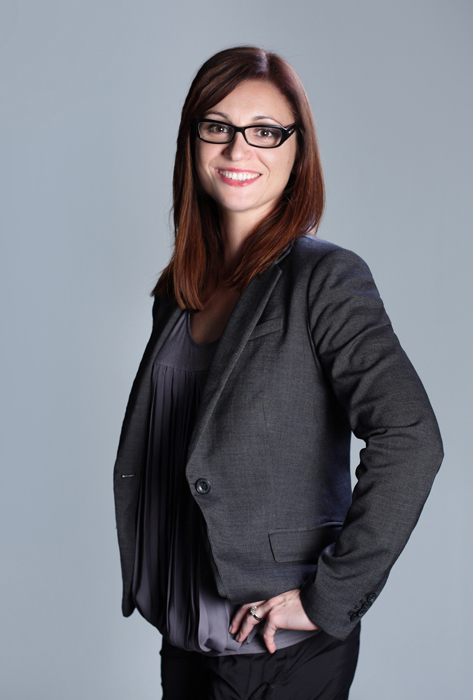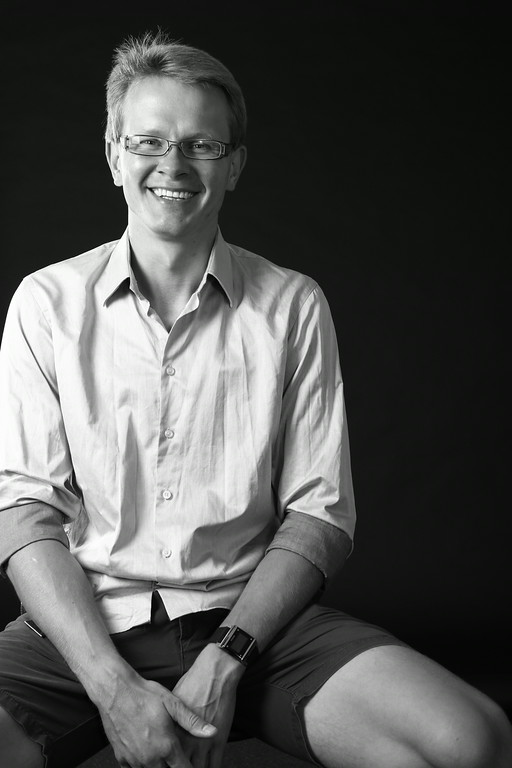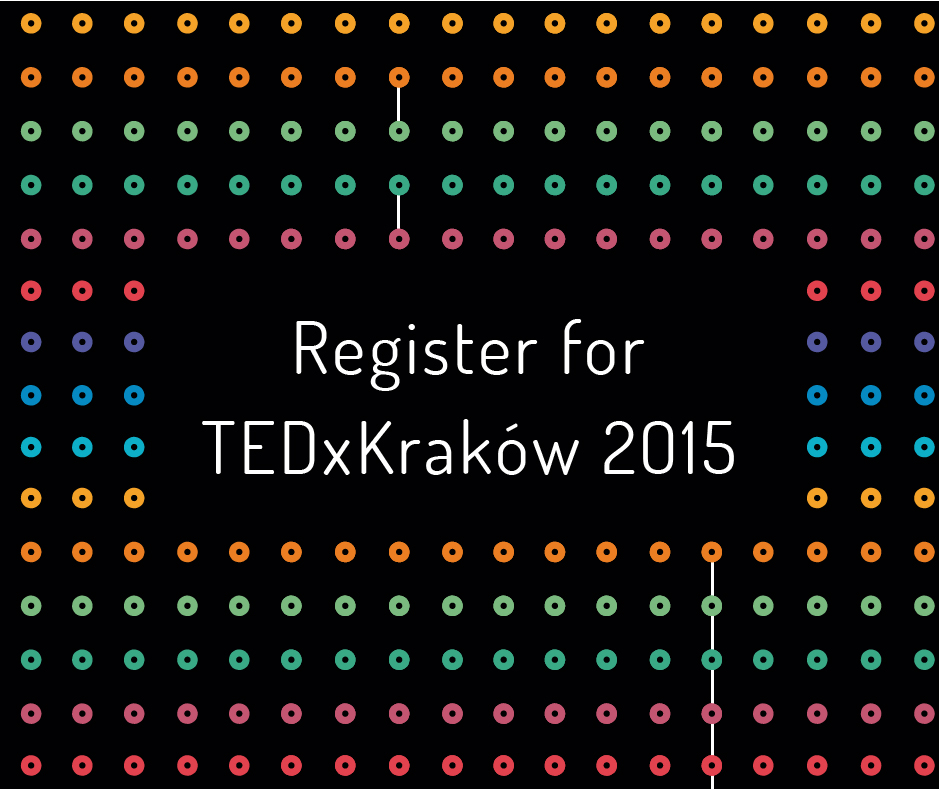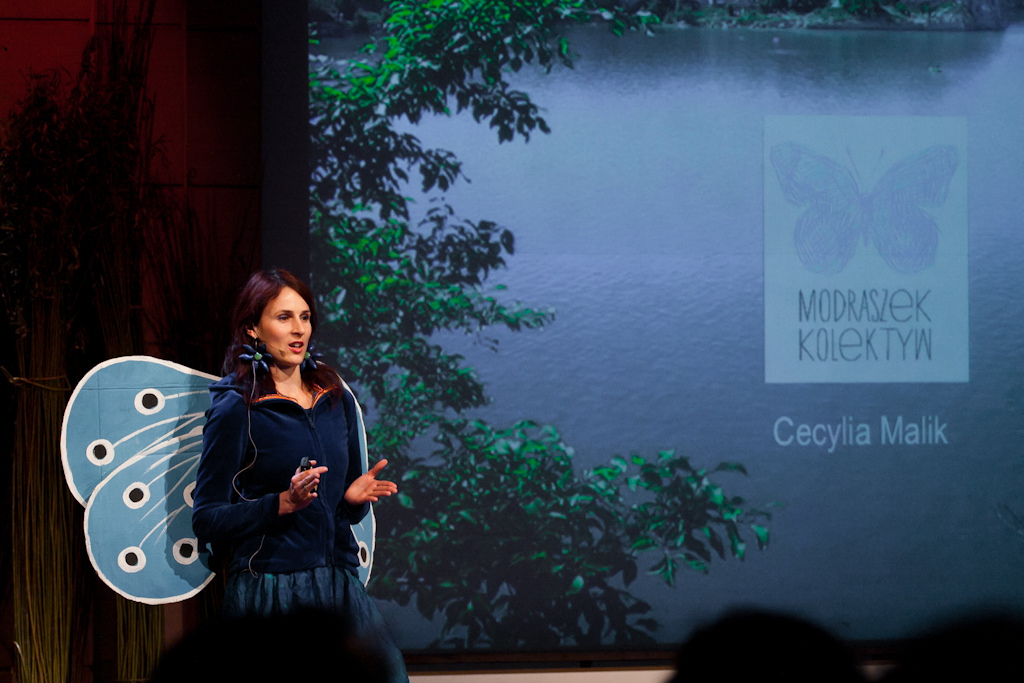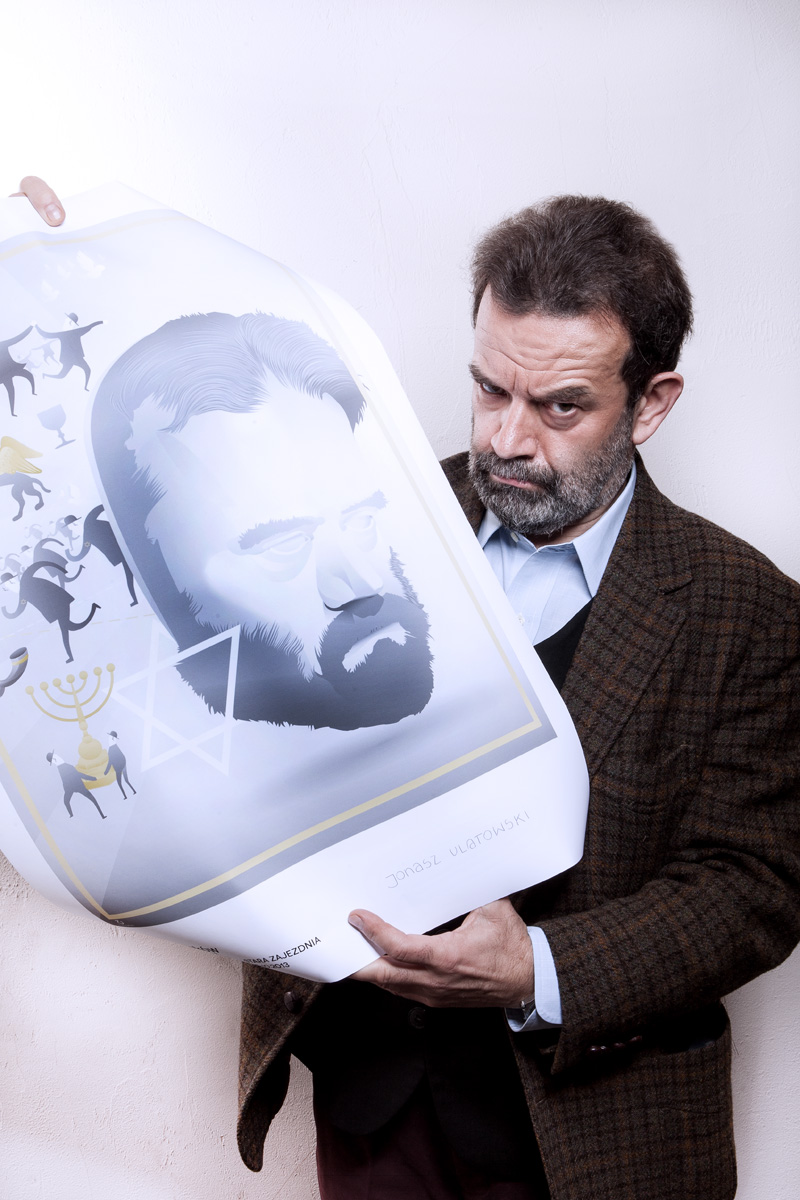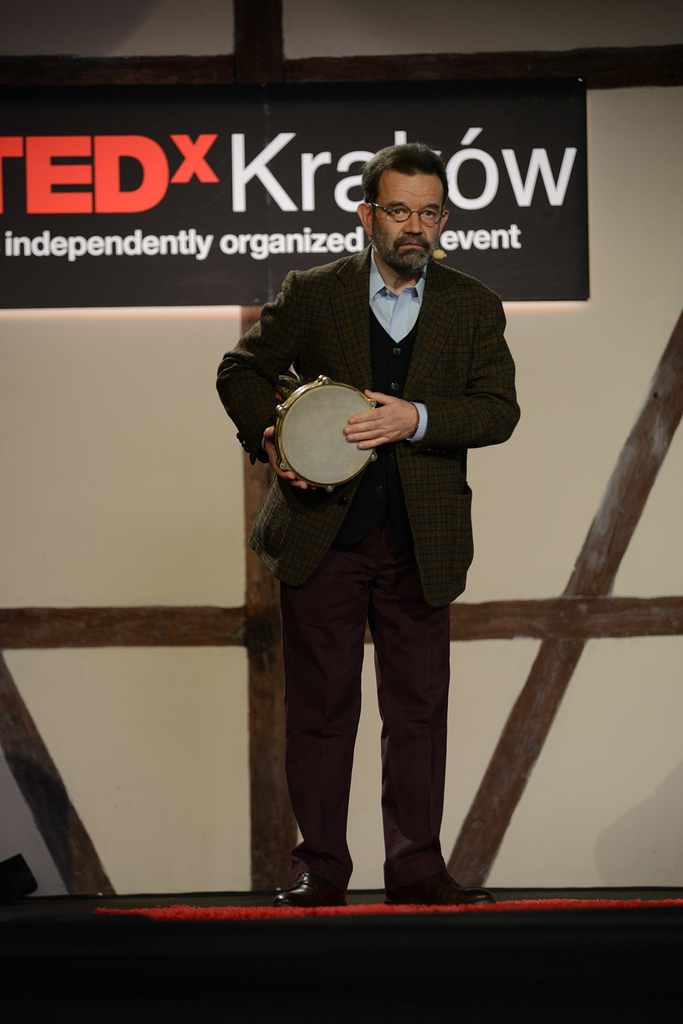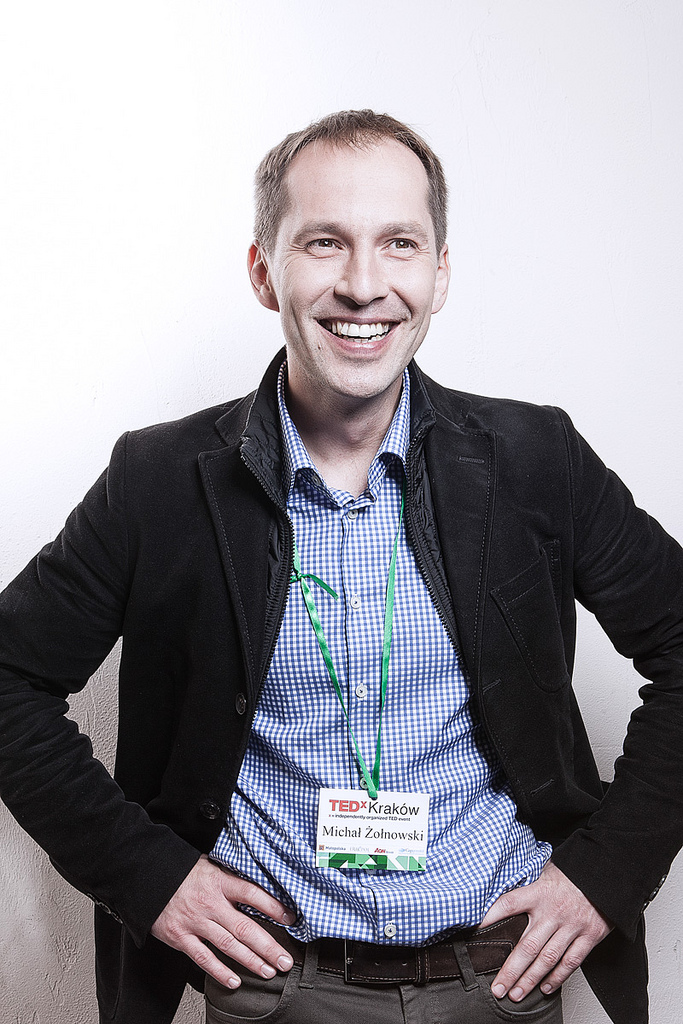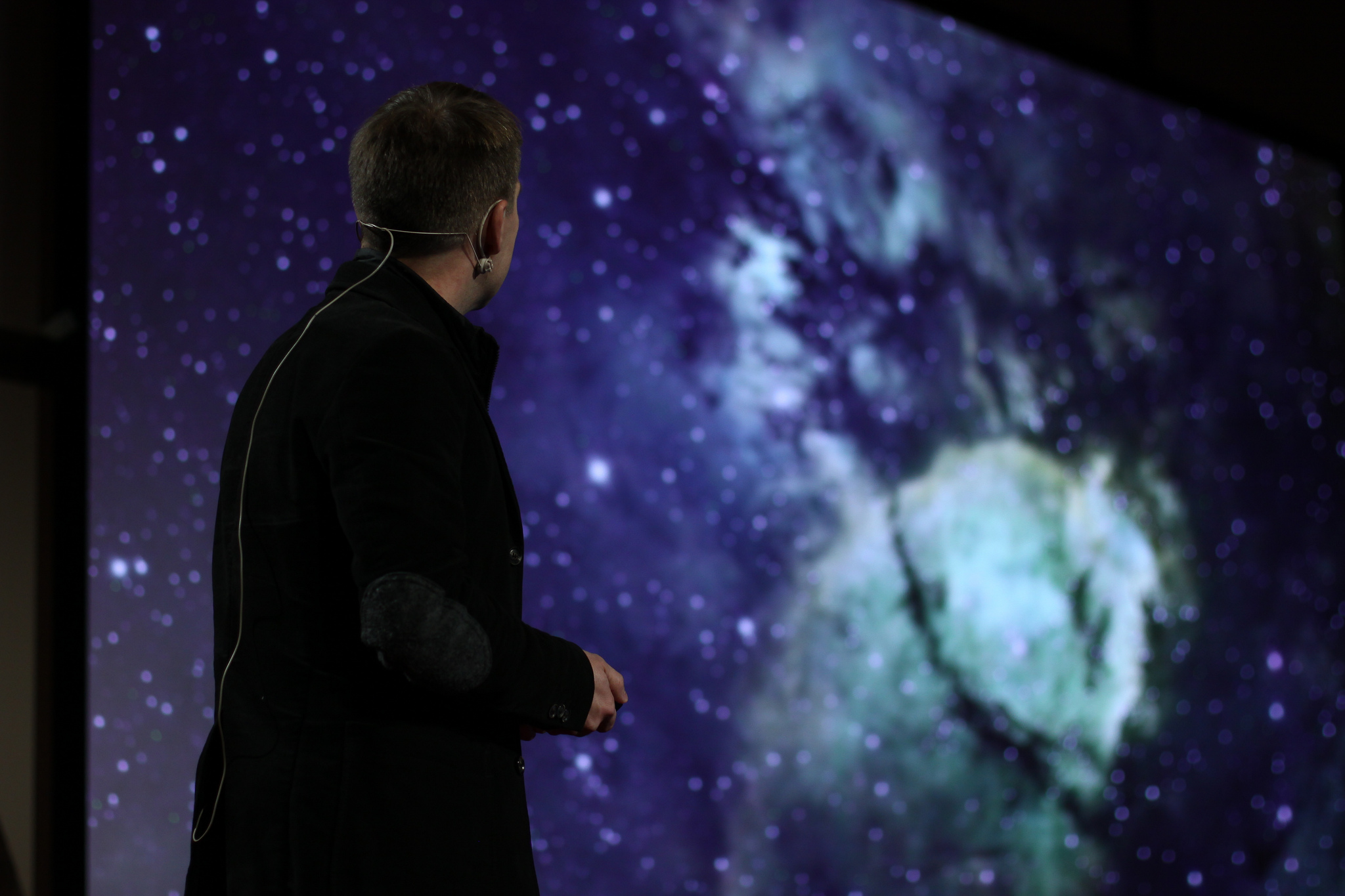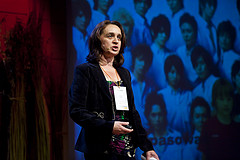 Steve Jobs in one of his speeches spoke about the experiences of life, which in hindsight, seemingly unrelated to each other, ultimately contribute to who we are and what we achieve. The essence of one’s success is the ability to combine all these experiences. Where have you collected your dots?
Steve Jobs in one of his speeches spoke about the experiences of life, which in hindsight, seemingly unrelated to each other, ultimately contribute to who we are and what we achieve. The essence of one’s success is the ability to combine all these experiences. Where have you collected your dots?
(laugh) The connecting factor is the attribute that I still remember from my own experiences and I can observe looking at the next generation. What characterizes all children is curiosity and readiness for challenge – a combination of these two gives the kick.
My first dot, first challenge after graduation, was Pascal Publishing House – my very first intensive study of life. During that times we learned from our mistakes, and by drawing our own conclusions we gathered invaluable experience. We created a then innovative concept of a tourist guide supporting the needs of parents traveling with children.
Many years later I had the idea of adding some life into museums. The project was called “Muzeobranie” (eng. Museumtaking), a special day when children, together with their parents, can not only see but also experience the exhibitions. At that time no one had ever heard of the “night of the museums” which is so popular now, and museums themselves were like zoos, keeping the most interesting animals locked inside.
The idea fell on the fertile ground of the Malopolska Institute of Culture and very quickly resulted in action. Together with museums’ staff we managed to create a fantastic atmosphere and children acquired knowledge simply using different senses and their own hands.
The third dot was Children’s University, which I spoke about in my TEDxKraków speech.
The reason of creating this initiative was the sense of helplessness which I had as a parent seeing how school does not meet the cognitive needs of children. Hearing my then 6-year-old daughter claim that her her life is over because she has to go to school, was the direct trigger. I had to do something about it!
You spoke at TEDxKraków in 2011. What happened since then?
Among other things, I went to San Francisco to find new possibilities of development outside Poland for the University. In Kraków and other Polish locations of the Children’s University we find and invite best people to cooperation – scientists, artists, various experts. Those who have both knowledge and passion. But is it possible to cooperate with those who really change the world?
We managed to recruit a group of a few very interesting international scientists, inventors and researchers, but the children’s questions to Bill Gates still wait for his response…
What is your dream ?
In my dream it is schools, not children universities, are the most exciting places to learn. Sir Ken Robinson talks about it in the most famous TED Talk.
Also, ca. 25,000 children aged 6 to 14 years had some contact with the University. But there is still around 2,5 million of children in Poland – 100 times more!
How has the experience of TEDxKraków influence you?
Invitation to become a TEDx speaker means that someone recognised you as a person who’s got something to share with others. It gives you a great sense of responsibility – I am using 15 minutes of time of a couple hundred intelligent people. It is incredibly motivating! And that motivation does not end when the talk is over, it is more like a lifelong club membership.
After one of TEDxKids@Kraków events where both speakers and listeners are children, one of the parents sitting in the audience heard from his son: “Dad, when I become a speaker, I’m going to talk about…” and the boy shared his exact plans for his speech with him.
This is really the core of this idea: to share knowledge and make other people enthusiastic about it. A kind of a chain of responsibility, action and positive impact.
What are your favourite TED talks?
I have two: “The power of introverts” by Susan Cain and Gever Tulley’ s talk on TEDxKraków 2013 about making makers.
Whom else would you like to see on the TEDxKraków stage?
Whom I’d like to see? This question is for creativity (laugh). I don’t have a ready list in my head. That could be people whom I’ve met while looking for interesting speakers for children, e.g. Manu Prakash, the Stanford University scientist, who invented the paper microscope. His invention is supposed to help protect the health of the Third World because the microscope that folds like origami costs only 50 cents.
Or Deborah Gordon, who investigates behaviour of ants in different environments, including the outer space. Ants do not have a central management system, therefore are a very valuable source of knowledge and inspiration for fields like robotics.
I would also like Jimmy Wales to be TEDxKrakow speaker one day. He could talk to children about information, knowledge and wisdom. All in all, Wikipedia is the basic source of information for the young generation.
People you proposed could appear both on a TEDx event and in a children university.
Do these two audiences have something in common?
Of course! Children absorb information and have natural interest in things, just as the TED and TEDx audience. People with passion can speak to very different audiences. Wouldn’t it be great if people like Elon Musk or Mark Zuckerberg spent an hour of time to respond to children’s questions? We haven’t talked to them yet, but on Stanford University nobody refused us when we asked (laugh).
Agata, on behalf of the TEDxKraków team I would like to thank you for the interview and I wish that nobody refused you in the future!
Agata Wilam, the founder of the Children’s University in Kraków, spoke at TEDxKraków 2011. Her Talk, which can be found here, was about what children and scientists have in common.




